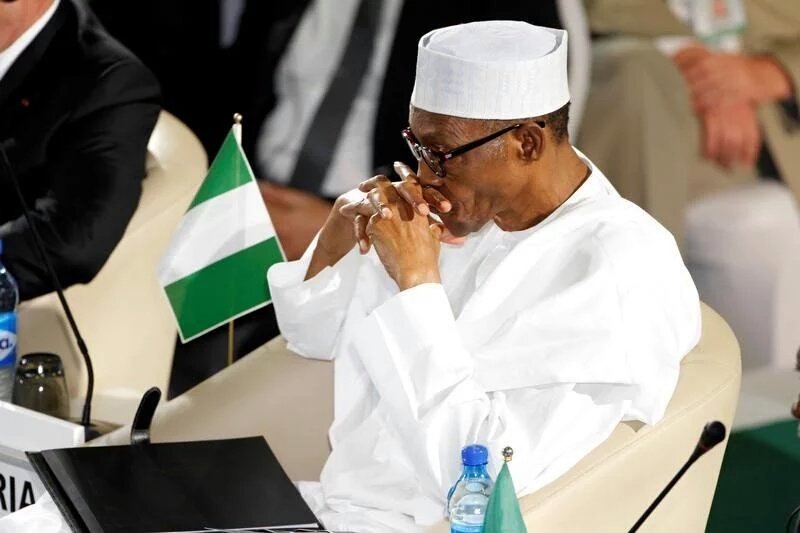Analysts at world’s biggest financial and data media firm, Bloomberg, say Nigeria that could have been Africa’s dynamo is instead its biggest demographic time bomb.
According to the analysts in an article published by Bloomberg, Nigeria’s economy has not fared any better in the last four years and President Muhammadu Buhari needs to take more deliberate and proactive steps to ensure that Nigeria joins China and India in lifting many of its citizens out of poverty.
“A decade ago, Nigeria had far fewer people in extreme poverty than either China or India; today, according to data compiled by the World Data Lab, it has more than both combined. The count stands at more than 90 million, and has risen both in absolute terms and as a share of the total,” the article read in part.
The article read: “His (Buhari’s) record over the last four years is discouraging. Economic growth has barely recovered following the 2014 crash in the price of oil, which remains Nigeria’s biggest export and source of government revenue. Per capita gross domestic product is less than it was when he took office. Joblessness has more than tripled. Efforts to spur agriculture and other non-oil parts of the economy have failed. Foreign direct investment has fallen by more than half since 2010. Islamic extremists such as Boko Haram and Islamic State remain a serious threat, violence persists in the oil-rich Niger Delta, and environmental pressures due to climate change have stoked clashes between herders and farmers.
All told, more than 2 million Nigerians have been displaced by conflict. The country also has the world’s second largest number of people suffering from HIV/AIDS, and faces huge burdens from tuberculosis, malaria and other diseases. Governance remains weak, corruption and crime rampant.”
Going forward, “Buhari’s government will need to boost non-oil revenue through better tax compliance and enforcement. Until the tax system is fixed, further reliance on debt would be unwise, even though the country’s debt ratio looks modest at roughly 25 per cent of GDP. The problem is that Nigeria collects relatively little revenue, so debt service eats up most of the budget.”
President Buhari won the 2019 presidential election by a margin of almost 4 million votes, riding on the ‘Next Level’ slogan. The federal government insists it had delivered on its 2015 campaign promises of fighting corruption, boosting security and strengthening the economy, but records show this is not the case.

 Latest4 days ago
Latest4 days ago
 Trends5 days ago
Trends5 days ago
 Business1 week ago
Business1 week ago
 Football7 days ago
Football7 days ago
 Health6 days ago
Health6 days ago
 Football6 days ago
Football6 days ago
 Featured1 week ago
Featured1 week ago
 Business7 days ago
Business7 days ago

